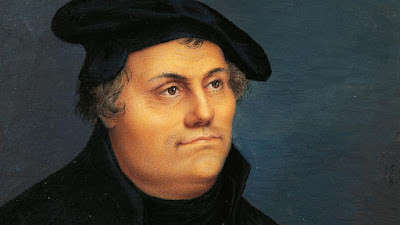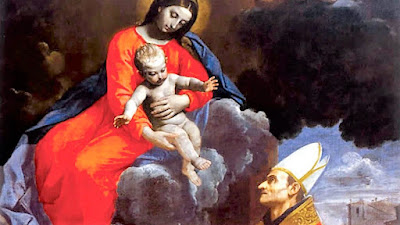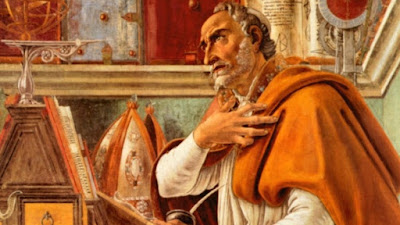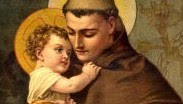Saint Laurence O'Toole, Archbishop and Martyr

Historically November 14th is the feast of St. Lawrence O'Toole the Archbishop of Dublin during the takeover of Ireland by the Normans and King Henry II. His efforts in the peace process and his frustration with King Henry probably caused his early death. He is highly honored at Eu in Normandy, France, where he died. Laurence O'Toole was born at Castledermot, Kildare, Ireland, 1128. Laurence’s family had been ousted from their ancient throne by Dermot MacMurrough who was the representative of the usurping line. Dermot was a violent, war-loving, vocal man hated by strangers and feared by his own people. (It was he who would invite King Henry II of England to come and take possession of Ireland.) Nevertheless, Laurence's father had many soldiers, servants, land, and cattle. At age 10, Laurence was sent to Dermot as a hostage to guarantee his father's fidelity to the new order. For a time, he lived in Dermot's castle, until the day his father refused to obey an



